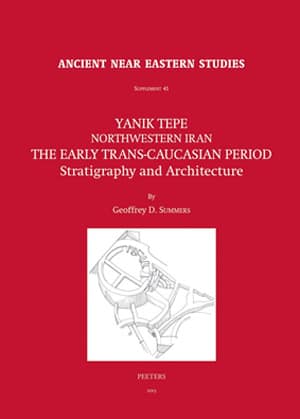ISBN-ISSN
:
9789042927131
Kategori
:
Prehistorya Ve Arkeoloji

Ancient Near Eastern Studies Supplement 41
198 s, s/b resimler, sert kapak ciltli, İngilizce.
Excavations at Yanik Tepe were conducted by Charles A. Burney over three seasons from 1960 to 1962. The site is located to the northeast of Lake Urmia, some 20 km from Tabriz. This volume comprises the final report on the long sequences of stratigraphy and architecture belonging to the Early Trans-Caucasian (ETC) period which lasted from about 3000 BCE into the early second millennium. It is argued that the ETC people who founded the village came from a long tradition of settled farming. While the first phase, ETC I, is characterised by round houses and the second, ETC II, by agglutinative rectilinear building there is strong continuity in the use of space and, particularly, of built-in kitchen ranges. The descriptive text is enhanced by numerous photographs and line drawings. A concluding chapter makes pertinent comment on chronology and the place of Yanik Tepe within a wider setting. A foreword by Charles Burney provides colourful background to his pioneering excavations.
